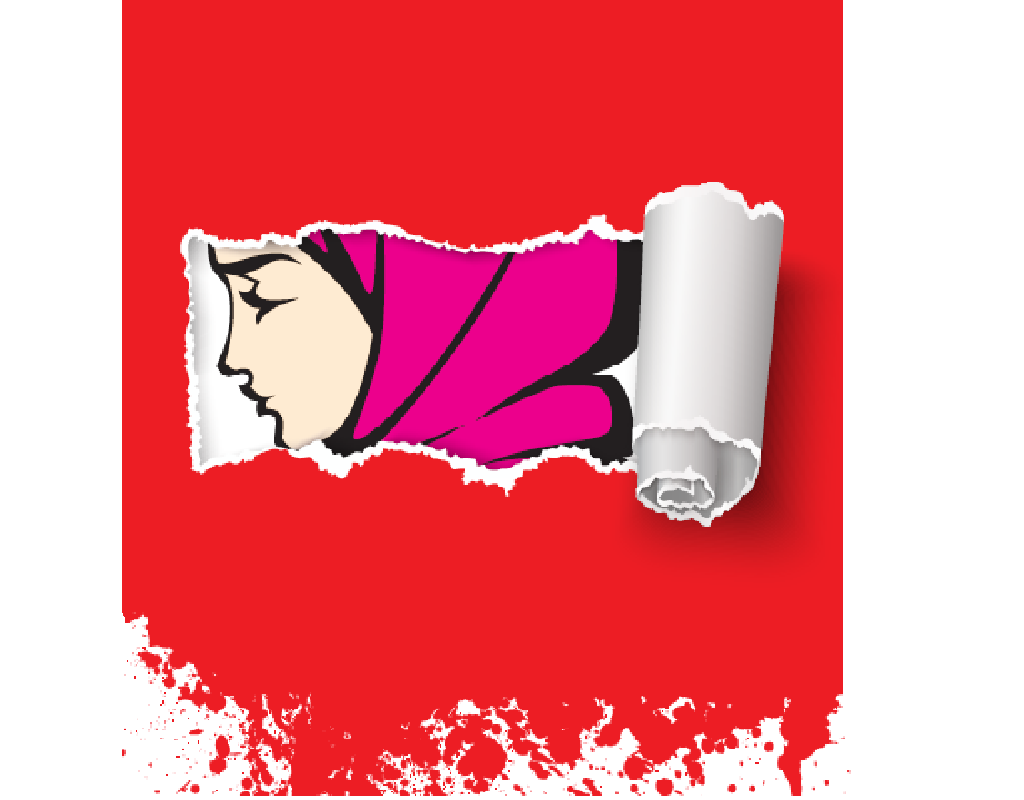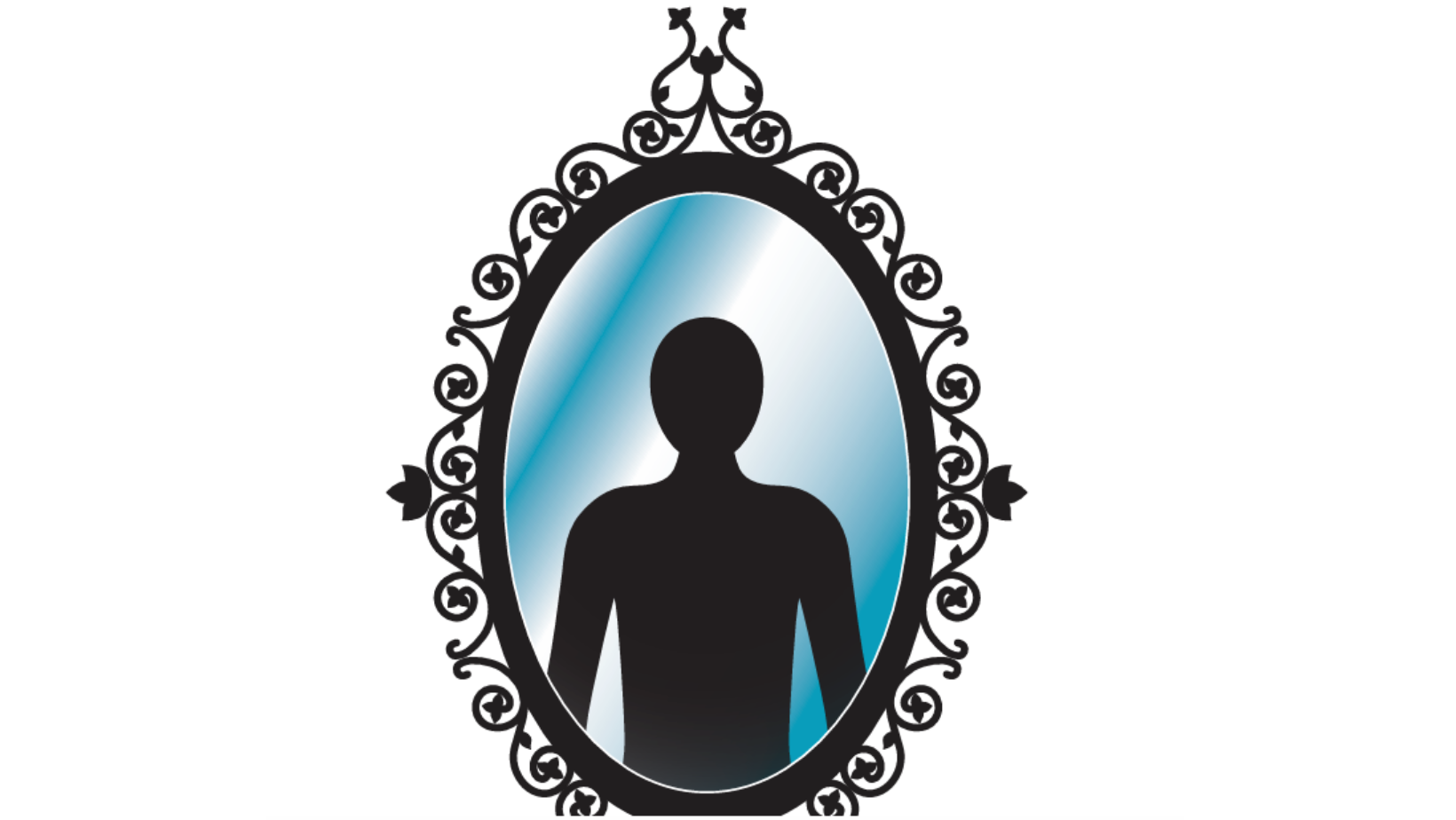It was 10am on 15 March 2019, and I was sitting on one of the benches at the newly-opened Wisma Geylang Serai while waiting for a friend’s lunch break so I could eat with her. Working remotely means that you almost always have your laptop with you when out and about, and it was the same this time. I was doing work when my phone chimed – it was our work group chat. LaunchGood’s Chief Executive Officer and Founder, Chris Abdul Rahman Blauvelt, shared an article titled, “#BREAKING A man with a gun has opened fire at a mosque in New Zealand”. My heart fell.
Working with LaunchGood, a global Muslim crowdfunding platform, responding to such horrific incidents were no longer new to us but still saddens us deeply. Because of the networks we have created after years of building relationships with Muslim leaders, activists and scholars on the ground, we’ve managed to help local community leaders and partners respond to tragedies such as the Pulse Orlando shooting, Grenfell fire, and Palu tsunami fairly quickly. However, when we had cases of shooting, it was only in the US. This time, it felt too close to home.
Immediately, we reached out to the leaders we knew in New Zealand. Within the hour, several New Zealand Muslim organisations had agreed to start a crowdfunding campaign for the victims of the shooting and we had started a WhatsApp group chat to coordinate efforts. Soon, our Chief Operating Officer, Amany Killawi, sent a message to our work group chat, “ASEAN team, we’re going to need you to keep an eye out since most of our North American team will most likely be sleeping.” This was one of the parks of having a global team; we could respond to emails and situations around-the-clock. Fortunately, or unfortunately for me, I had a lunch date with a friend but a few thousand miles away, a deranged man had just killed 51 people in a mosque and so, lunch had to wait.
HORRIFIC BUT NOT SURPRISED
As I worked that day, more details emerged about the tragedy that was quickly being referred to as the ‘Christchurch massacre’. The shooter attacked not one mosque, but two, during Friday prayers, a day when most mosques across the globe would be packed with worshippers. On top of that, he was grotesquely live-streaming his despicable act on Facebook. Even though Facebook managed to remove the video, by then hundreds of thousands of people had already watched the horror unfold in real time.
I was glued to my laptop all day, refreshing news articles, reading as much as I could, updating the campaign page, and looking at the faces of the victims as more of their stories were shared on social media. By the time I passed it over to my colleagues in the US, I was spent – emotionally, mentally and physically. I had cried about 6 to 7 times throughout the day; fear, horror, dread and deep sadness, and grief enveloped me as I saw the victims’ pictures; the old, like 71-year-old Haji Daoud Nabi, who actually welcomed the shooter and said, “Hello brother” before being killed, or the young, 3-year-old Mucad Ibrahim – the same age as my own nephew – who died in his father’s arms.
In only one hour, the campaign hit its initial goal to raise NZ$10,000 for the victims’ families. In seven hours, it had reached NZ$100,000 as the campaign went viral worldwide. After only 20 hours, the campaign had reached NZ$1 million. The campaign eventually ended on 1 April 2019, raising a total of NZ$2,734,717. But the grief of the global Muslim community continued.
Despite growing up in safe Singapore, this incident truly scared me. I was horrified that it could happen in New Zealand, but not surprised. Islamophobia had been steadily on the rise since the September 11 attacks on the World Trade Center in Lower Manhattan[1]. In the past few years, I had seen more Islamophobic comments not from far away, but from amongst my fellow Singaporeans on social media.
I used to think such an incident would never happen in my country. We grew up together – as neighbours, as classmates, as colleagues. Surely my non-Muslim Singaporeans knew us better than the white nationalists that were carrying out such attacks? I really hope to be proven wrong but months after this incident, and by reading some comments online, I’m still not sure. Would Singaporeans truly rally around the Muslim community as swiftly and compassionately as the Kiwis did in the wake of this massacre? Or do they harbour similar thoughts as senator Fraser Anning from Australia who described Islam as “a violent, fascist religion promoting savage beliefs” immediately after the attacks?
I’m reminded of the many times I had come across racist and Islamophobic comments online. As an example, recently, when Sub way and A&W in Singapore announced that they were in the process of being halal-certified, some netizens went ballistic. Something as harmless as halal food had somehow brought out the worst in people. A comment read, “By the same logic Subway might as well remove all meat from the menu so that vegetarians can also enjoy their great sandwiches! Completely brainless and disgusting move.” Many others chimed in and said they were going to stop supporting Subway because to them, going halal meant that they were not being diverse and inclusive, and that these food establishments were “pandering to a certain demanding demographic”. Other commenters said that Singapore should prepare for polygamy and child brides soon. While most of the comments I had seen in the aftermath of the Christchurch massacre was about humanity and denouncing terrorism, there were pockets of comments that were along the lines of “If you guys stopped killing other people, maybe others would also stop targeting Muslims”.
Another time reading the comments section made me disappointed was when Mdm Halimah Yacob became the President of Singapore. Instead of focusing on her political achievements, many comments were bordering on being racist and Islamophobic, with the hashtag #NotMyPresident making its rounds, even though the hashtag was originally used when President Donald Trump assumed power.
History has proven that violent speech leads to violent acts. I was reminded of an article in The New York Times. An excerpt from the article reads as follows:
“No historian can claim to have insight into the motives of living individuals. But history does show that a heightening of rhetoric against a certain group can incite violence against that group, even when no violence is called for. When a group is [labelled] hostile and brutal, its members are more likely to be treated with hostility and brutality. Visual images are particularly powerful, spurring actions that may well be unintended by the images’ creators.”
The article was about how the Christians’ rhetoric about the Jews after 1100 led to large-scale anti-Jewish violence but I couldn’t help but think about the ways I had seen Islam or Muslims being described in recent years. Words such as “terrorist”, “barbaric”, and “violent” are just some of the more common ones.
Cartoonists had repeatedly drawn offensive cartoons about Muslims as terrorists, monkeys and the like. I had thought fellow classmates, neighbours and colleagues wouldn’t think that of us but people can be kind to you in person and still hold such thoughts about the religion you believe in. I’ve lost count the number of times when non-Muslim Singaporeans would say, “Aiyah, but you’re different from those other Muslims”, as if to say that if someone was truly a devout Muslim, they would be a terrorist, or barbaric, or violent. Or that Islam was inherently a violent religion catered to would-be terrorists.
FOREVER CHANGED
For the first time in my life, I prayed for the safety of the worshippers in my local mosques. This was a prayer I had previously reserved for those in Palestine, Syria or Myanmar. I never imagined I would say the same prayer for fellow Muslims here. I think about Eid prayer at Masjid Sultan, overflowing with worshippers who fill the streets of Bussorah Street and around it. How would we react if a similar Christchurch attack happened? Where would we run to? I had so many questions.
Some weeks ago, in preparation for Ramadan, a close friend who had migrated to Melbourne got her children to draw and colour mosques. Her daughter, barely 5 years old, cut out and added white blobs on the mosques. My friend asked her daughter about it and this girl earnestly responded, “Oh they are locks, Mama. To lock all the doors and windows of the mosques to keep bad people out. Only the good people will have the key and can enter. So no bad people can enter and do bad things.” I don’t remember even thinking about the “bad people” when I think of mosques as a kid.
Shortly after Senator Anning made his comments, Home Affairs and Law Minister K. Shanmugam described the comments as “sickening” and Islamophobic. Prime Minister Lee Hsien Loong also said in a letter to Ms Jacinda Ardern, the Prime Minister of New Zealand, who was lauded worldwide for her leadership and response: “This heinous act is an attempt to spread fear and hatred. We must not allow such acts to divide our societies.”
Local Muslim community leader, Mr Mohamed Nassir from educational outfit SimplyIslam, wrote, “A small country like Singapore must be extremely careful, as it is the most religiously diverse nation on earth. Individuals or a band of people that spew hatred and violence towards any faith group or racial group should be unequivocally condemned, and their physical and online presence in Singapore’s multi-ethnic, multi-religious society must be clearly rejected. Their ideology of hatred has no space in any community, and it has nothing to do with freedom of speech, but rather keeping to the basic human code of conduct for people to speak freely, but responsibly.”
While I appreciate the swift and firm responses from our leaders, I still wonder if Singaporeans would stand as one should such an attack happen in our mosques, other places of worship, or any local landmarks. I am hopeful that the online comments that I have seen in the past few years come from a loud and bigoted minority and that the majority of Singaporeans would rise up and be proof to our racial and religious harmony initiatives.
[1] Study on the Increase in Anti-Islam Hate Crimes After 9/11. Hate Crimes are a Manifestation of Islamophobia: https://www.tandfonline.com/doi/abs/10.1300/j222v05n01_03. Another article: https://religionnews.com/2018/09/10/seventeen-years-after-9-11-muslims-are-still-presumed-guilty/.
Ameera Begum is the Regional Manager [APAC] of Launch Good, a global Muslim crowdfunding platform. Prior to joining LaunchGood, she was the Digital Director at SimplyIslam.sg for over eight years, helping to organise events, classes and programmes in English for the Singapore Muslim community and running the online Muslim magazine, MuzlimBuzz.sg. She graduated from Nanyang Technological University with a Bachelor of Arts in Sociology and a Minor in Public Administration.









